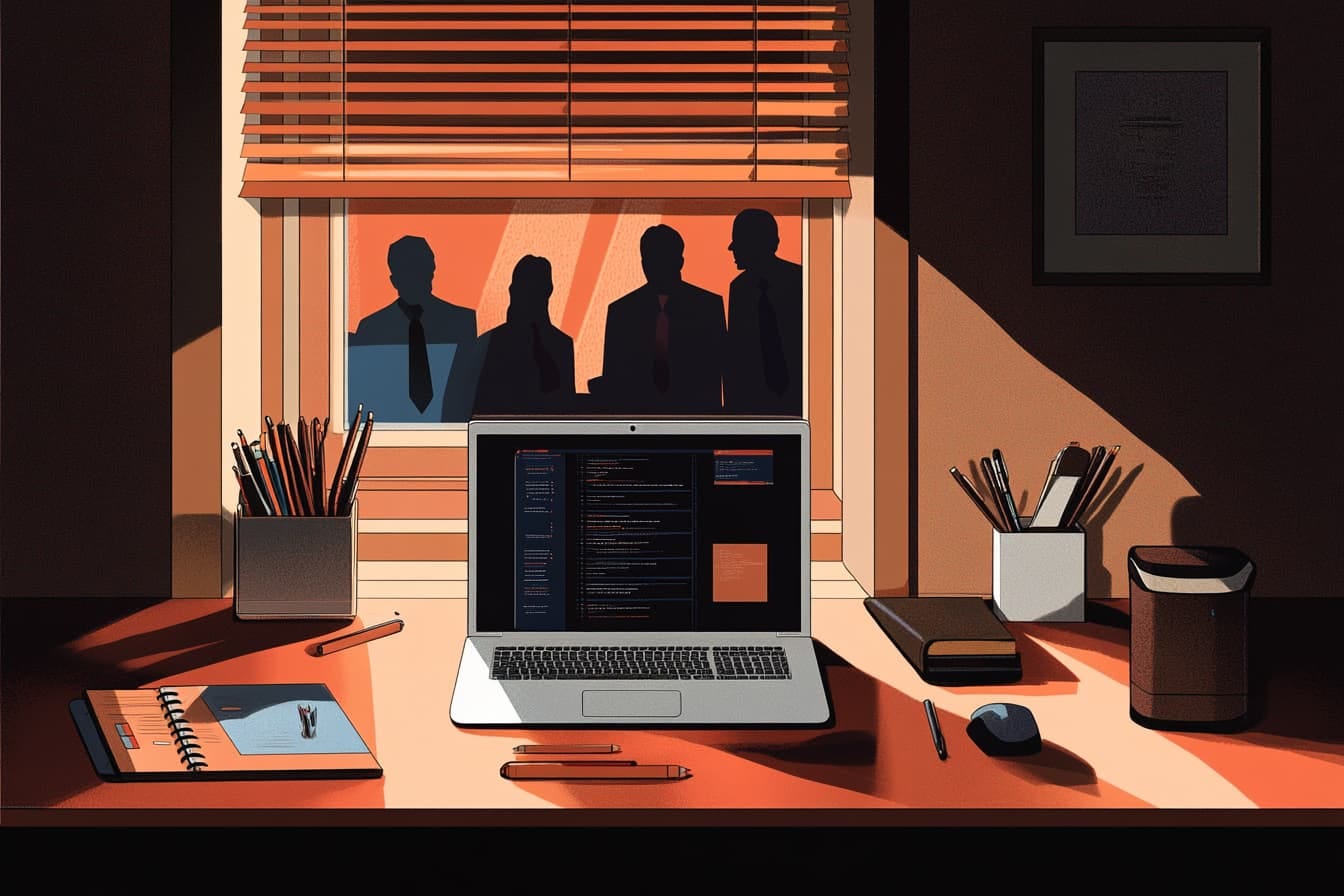Summer draws to a close again in the northern hemisphere, and once again, I find myself relieved. My master-planner self prefers the routine of the school year. Summers feel chaotic.
In the US, summers can feel impossible at times. Childcare costs are astronomical, and options are limited for school-aged kiddos. Summer camp hours are limited or fragmented, leaving working parents scrambling to figure out what to do.
The only thing that makes the seemingly impossible feel a bit more possible at times is remote work. And then we get people like Google's ex-CEO, Eric Schmidt, saying things like this:
Google decided that work-life balance and going home early and working from home was more important than winning. And the reason the startups work is because the people work like hell.
(Schmidt's PR rep has since walked back the comments.)
No, Eric. Google's lack of innovation is due to its failure to innovate. The company rested on its dominance rather than continue to improve its technology over the past 10+ years. And now Google finds itself desperate to catch up with companies that are doing search better, doing AI better, and haven't just lost a big anti-trust lawsuit to the U.S. Justice Department. But I digress...
I have to take a moment to reflect on remote work's impact on my career, because my career simply wouldn't be possible otherwise. Or at least, I can't imagine that it would have unfolded in the same way.
The school day is shorter than a traditional workday, but that's not a problem with remote work. I'm home when my kids get off the bus (even if I'm still working).
I can juggle a sick kid at home if needed rather than leave an office for the day.
When my kids were infants, I had a nanny so I could be at home with my baby for the first year while still working.
Flexible work allows me to get up early or work late in a way that integrates my work life and family life.
Schmidt (and other CEOs, like Sam Altman) who insist that remote work negatively impacts the company are 1) flat-out wrong and 2) obviously don't care about people. They're asking people to sacrifice too much rather than allowing work and life to co-exist. People are expected to give up everything in the name of the Almighty Company. Missing moments with their kids, stressed trying to get everything done, pulled between an office and home.
I'll say until I'm blue in the face: if remote work fails, it's a management failure, not an individual one. Management is responsible for setting policies around communication, expectations, and working hours.
Additional strain
I think the reason work-life pressures are felt so acutely right now is because we're being asked to do more with less — all around. Budgets are cut. Layoffs are everywhere. Salaries are stagnant. I talked with a former colleague last week. His most recent employer had slashed his team from 10 people to three — with no decrease in expectations. He was running ragged, trying to get everything done, and it was too much.
Outside of work, inflation means that food costs more. Child care costs are up 23% since 2017 on average, according to Child Care Aware of America. Return-to-office mandates aren't only about losing the flexibility of working remotely. They also mean additional costs: commuting costs, buying office-appropriate attire, paying for extended childcare hours, and more.
It feels like many people are close to a breaking point because they're being hit from all sides.
I stayed at one job far, far longer than I should have because I was afraid I'd have to give up remote work and flexibility. Right now, I think people are staying because the job market is so tight — even if they're cracking under the weight of "do more with less." They don't want to rock the boat.
As for the former colleague I spoke to last week, I'm glad he got out of his untenable situation. He ended our call by saying he was going to play with his five-year-old daughter.
What to read next:
If you love this newsletter and look forward to reading it every week, please consider forwarding it to a friend or becoming a subscriber. Subscribers get access to additional stories I publish.
Have a work story you’d like to share? Please reach out using this form. I can retell your story while protecting your identity, share a guest post, or conduct an interview.




